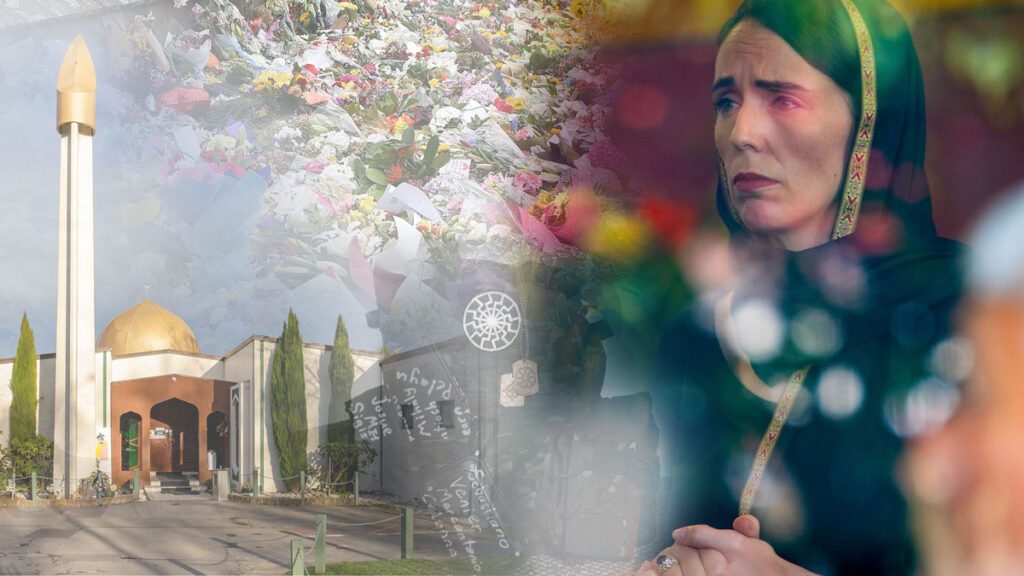UNITY UNITY UNITY
Since the 2015 General Conference Session, unity has become a bit of a buzzword in Adventist circles, even more so since the recent General Conference Annual Council meetings in October 2018.1 The word unity has also evoked mixed emotions within the context of the Unity Document that was voted to be adopted.2 This isn’t a reflection on the Unity Document. It is a reflection on what biblical unity means through the lens of Psalm 133.
The Song of the Ascents
Psalm 133 belongs to a special collection of psalms known as the Pilgrim Psalms or The Song of the Ascents that include Psalms 120 to 134. Scholars believe that The Song of The Ascents were probably a collection of pilgrim songs sung while processioning through Jerusalem to the temple.3 This collection of poems or songs describe one’s life and journey, together with God. The Pilgrim Psalms begin in Psalm 120 with what can be described as valley-moments, where one experiences distress, and move into hill-moments by the time we meet Psalm 134, where perfect joy and confidence in God is experienced. We meet Psalm 133 near the conclusion of this collection of Psalms where the Psalmist speaks of unity as an expectation of God. The Psalmist does not offer or suggest any methods of obtaining unity but rather chooses to describe what unity looks and feels like, including what it brings to us who experience unity.
Psalm 133
The Psalmist begins his Psalm of unity with an emphatic statement of the goodness and pleasantness of brothers who live in unity. Verse 1: Look! How good and pleasant it is when brothers truly live in unity! The sentence construct of verse 1 in Hebrew functions as a proclamation for followers of God to seek unity. The word tov rendered in English as good is a superlative, which is best described by using the word best. The word pleasant functions as an adjective in relation to the word unity, describing what unity is like. Verse 1 of Psalm 133, with an understanding of the Hebrew, is then best understood when rendered in English as life is best and most pleasant for us as brothers and sisters living in unity. The Psalmist proclaims that as followers of God, living in unity is the best thing ever. This claim is supported by the following two verses where two comparisons of unity are made; one to oil and another to life-giving water.
Unity as anointing oil
Verse 2: It is like fine oil poured on the head which flows down the beard – Aaron’s beard, and then flows down his garments. The Psalmist employs the imagery of a fine oil used in the anointing of Aaron the high priest to describe unity. This oil was made from a recipe of the finest of spices; myrrh, cinnamon, aromatic cane, cassia, and olive oil.4 The use of this special oil signified the setting-apart of a special group of people who belonged to God’s special service. In addition to this special purpose, the fragrant smell of the oil that drenched the anointed one served as a fragrant sign that God was with and had chosen this person. Unity is best because it is the proof of God’s anointing. People would recognise the distinct fragrance of unity where God resides; in the hearts of His people. Unity is like an anointing oil with its fragrant perfume permeating its goodness in the stench of a sinful world.
Unity as a sustenance
Verse 3: It is like the dew of Hermon, which flows down upon the hills of Zion. Indeed, that is where the Lord has decreed a blessing will be available – eternal life.5 Mount Hermon with its snow-capped peaks is the main source of water for the summer months in Israel. Water, which is essential to life is understood as a blessing from God. Mount Hermon which is over 9000 feet above sea level captures a great deal of precipitation which helps feed the springs at the base of the mountain, forming streams and rivers which eventually merge to the Jordan river. The source of sustenance for life in Jerusalem was Mount Hermon. The Psalmist in verse 3 compares unity to the dew of Mount Hermon, the source of sustenance which flows down to those who live in the valleys below. Unity is sustenance that refreshes those who are found in it. A clear blessing from God, as water brings life, so does unity bring life to God’s people. Without water, there is no life. Without unity, there is only death.
Conclusion
The Psalmist proclaims that unity is best and he is correct. Unity is best because it is an anointing oil whose fragrance is distinct. Unity is best because like the dew of Mount Hermon, it brings sustenance to everyone who partakes of it. Unity results in drawing people into distinctly Godly communities that provide sustenance to all. In light of the mixed reactions toward the Unity Document which seeks to bring unity to the Adventist world, it is our hope and prayer that Adventists across our conference, union, division and the world will find and possess true unity that results in drawing people into loving communities that give life, hope and the assurance of salvation in Jesus Christ.
Nat Tan is Communication director for the Western Australian Conference and pastor of Swan Valley Church, Perth.






